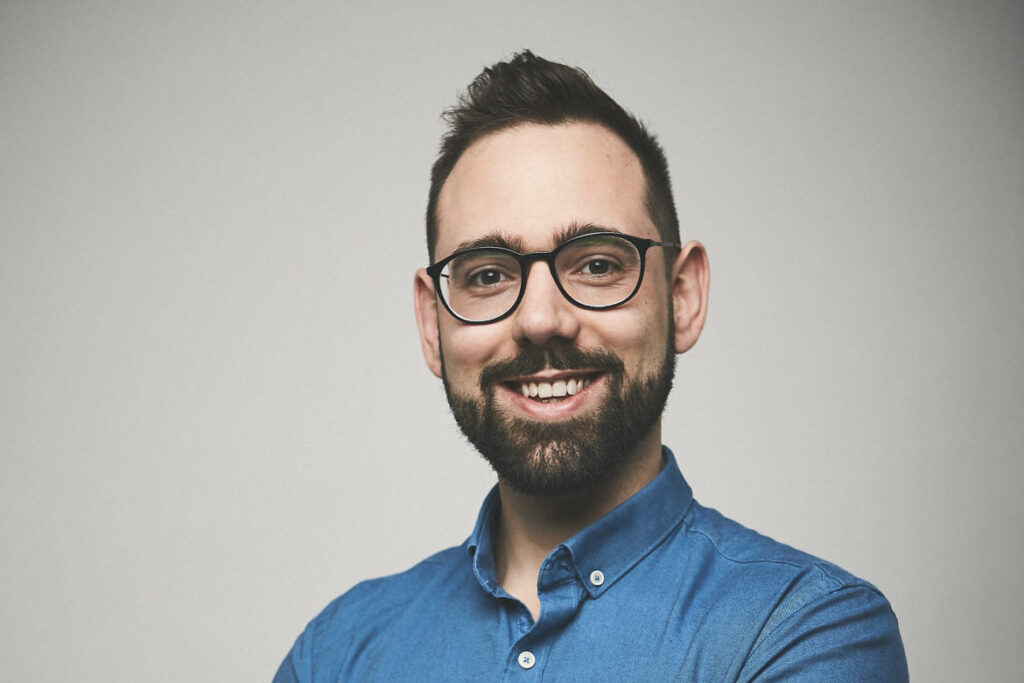The company behind a cancer cell simulation platform has raised £17.3 million Series A financing to advance programmes and partnerships towards the clinic.
Based in London with offices in Cambridge and Budapest, Hungary, Turbine’s trademarked Simulated Cell platform identifies novel cancer treatments and high unmet need patient groups.It says this allows it to target its programmes where current experimental or computational approaches fail to succeed.
Mercia and MSD Global Health Innovation Fund co-led the financing, joined by Day One Capital and existing investors Accel, Delin Ventures and XTX Ventures. MSD GHI Fund and Mercia Asset Management have delegated members to Turbine’s new board.
Turbine will use the funding to drive its programmes targeting DNA Damage Repair. These were the first to be selected using Turbine’s platform, which revealed relationships not described in public data before.
Simulated Cells have already guided the pipelines of several global partners generating multiple predictions currently in clinical validation, including Bayer and two of the top 20 pharma companies by global revenue in 2021.
“While Mercia has a long track record of investing in companies using AI technologies for life sciences and healthcare, Turbine is one of our first investments in an AI platform designed to address historic challenges to drug development,” said Daniela Tsoneva, investment manager, VCT Funds at Mercia.
“Turbine’s core technology is highly differentiated and already validated by early work with large pharma partners. We are excited to support Turbine as it advances the Simulated Cell, deepens our collective understanding of cancer biology, and makes drug development more efficient and more successful across the biopharma industry.”
Szabolcs Nagy, CEO and co-founder at Turbine, added: “The idea sprung from our frustration that conventional experiments frequently lead to expensive and time-consuming drug development failures.
“We’ve come a long way since 2016, when a handful of biologists and data scientists bootstrapped a technology to predict experiments better reflecting patients and more likely to translate in the clinic.
“With over 60 experts across the globe and the support of investors like MSD Global Health Innovation Fund and Mercia Asset Management, we’re poised to demonstrate that simulations not only reveal new ways of treating cancer but increase the likelihood of success at every single step of the drug development process.”
MedTech 50 – UK’s most innovative medical technology creators for 2022


